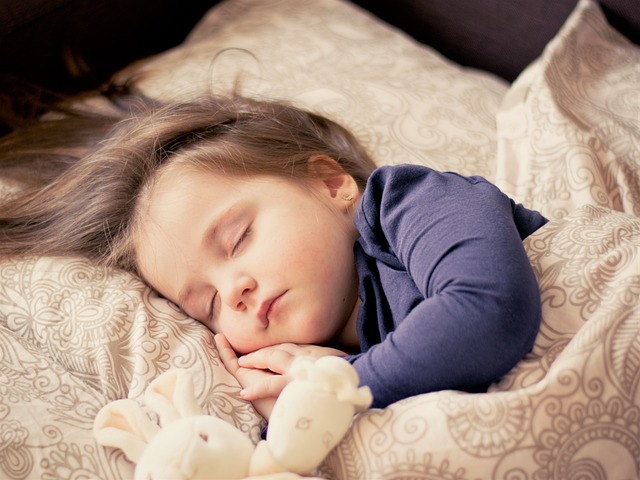Sleep-deprived parents may view that bottle of melatonin gummies on the store shelf as a golden ticket to finally getting their kids to sleep and getting some rest themselves.
But is it safe?
“Sleep is the key to healthy growth, development and behavior, so it is no surprise that parents are turning to melatonin supplements to help their children,” said Northwestern University Feinberg School of Medicine assistant professor of pediatrics Dr. Nia Heard-Garris, referencing a recent study conducted outside of Northwestern that found one in five kids under the age of 14 take melatonin regularly. “But we want to be sure we are not using melatonin as a Band-Aid for a larger issue.”
As a mother and pediatrician at Ann & Robert H. Lurie Children’s Hospital of Chicago, Heard-Garris said she has struggled at bedtime with her own child and acknowledges how frustrating the getting-to-bed battle can be.
In a discussion with Northwestern Now, she outlined three steps parents can and should be taking before resorting to using melatonin:
- Bedtime routines without screen time: “Families can cut out the screen use before bed (one to two hours before), lower the lights, have a set bedtime every night, use noise machines, ear plugs or eye masks, and have a routine to help kids wind down. This includes baths, listening to music, reading or singing.”
- Minimize weekend, vacation disruptions: “Weekends, vacations and daylight saving time changes can trip parents up, too. Try not to stray more than one to two hours from your child's typical bedtime when there are disruptions to your child's sleep schedule.”
- Talk to your doctor: “If these things do not work, the next step is to talk to your child's pediatrician or health care provider for additional support. They might then recommend melatonin, a referral to a sleep specialist or an additional medical work-up to get to the root cause.”


